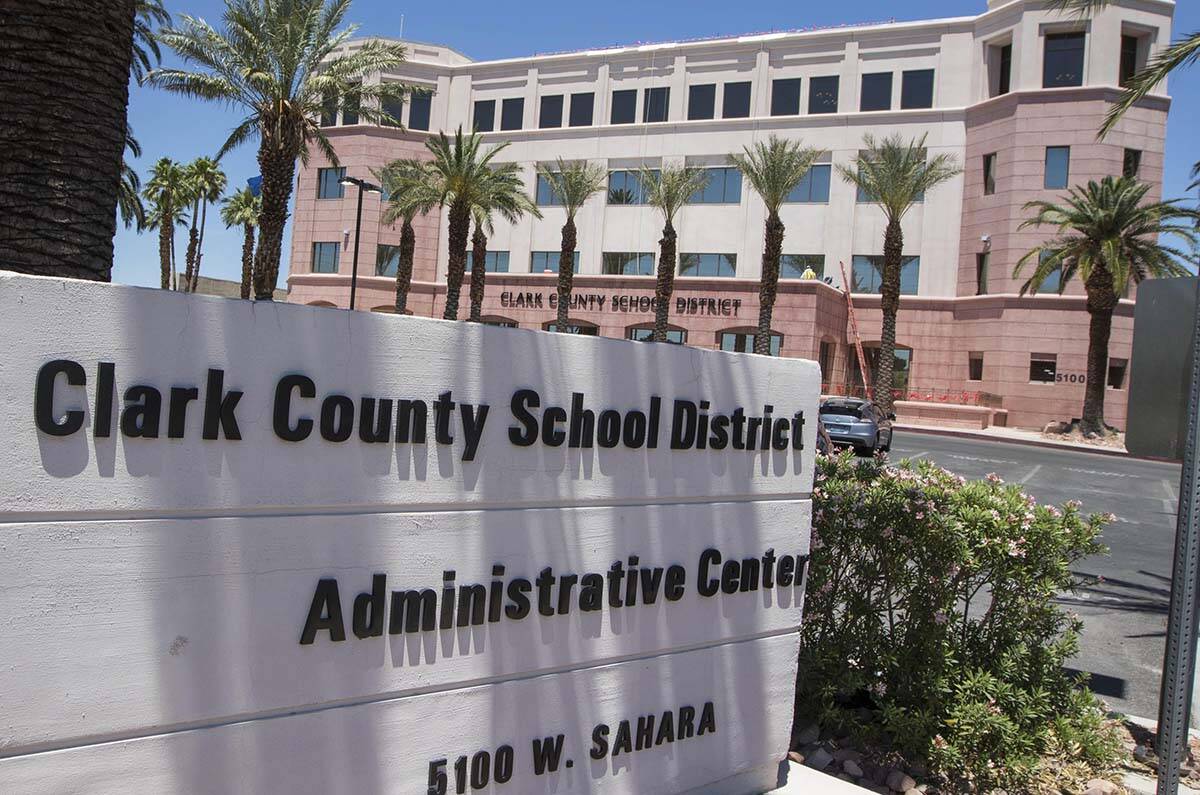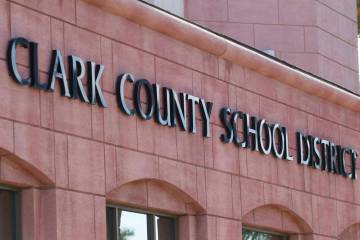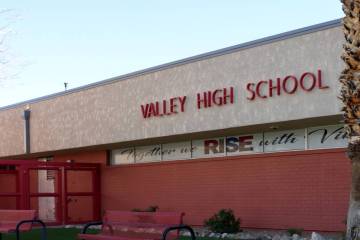Controversial new CCSD policy change draws criticism
The Clark County School Board voted Thursday to adopt a controversial policy change that will prohibit appointed members from making motions.
Trustees voted 5-2 to approve a policy change — which appeared on the consent agenda — that critics say would stifle the voices of the school board’s four new nonvoting members.
Trustees Linda Cavazos and Brenda Zamora opposed the motion.
President Evelyn Garcia Morales said that while she’s disappointed there’s “general concern about our newest members not having a voice, they have already contributed positively to our board.”
They will continue to contribute in a way that helps shape improvement of student outcomes, she said.
Garcia Morales made a motion to approve the consent agenda, which included the policy change.
Cavazos asked if Garcia Morales would consider modifying her motion to pull the item about the policy change for separate discussion. Garcia Morales declined.
Earlier this month, the school board voted 5-1 to approve a notice of intent to make policy revisions.
New nonvoting school board members were appointed by local governments and sworn in earlier this month in response to a new state law.
Policy changes say that only voting members can make motions or request for a previous decision to be reconsidered.
The changes drew criticism from state legislators who sponsored the bill, all four local governments, business organizations and the American Civil Liberties Union of Nevada.
The Vegas Chamber said in a Thursday statement: “Silencing the voices of the appointed school trustees will not enhance student success and achievement, and it will do a disservice to the 300,000 students who are depending on CCSD to provide them with a quality education.”
The Retail Association of Nevada said in a Thursday statement that it views the changes as a “blatant contradiction to the principles of accountability, transparency, and the board’s fundamental responsibility: student success.”
During a public comment period, several speakers representing business organizations and local governments urged the board to vote against the changes.
Nicole Rourke, director of government and public affairs for the city of Henderson, said that Assemblyman Toby Yurek, R-Henderson — one of the two primary sponsors of Assembly Bill 175 that created a hybrid school board — indicated that he received an opinion from the state’s Legislative Counsel Bureau confirming the policy changes would be in clear violation of the law.
School district staff indicated that, as of Thursday, they had not received any correspondence from the Legislative Counsel Bureau.
Contact Julie Wootton-Greener at jgreener@reviewjournal.com. Follow @julieswootton on X.























